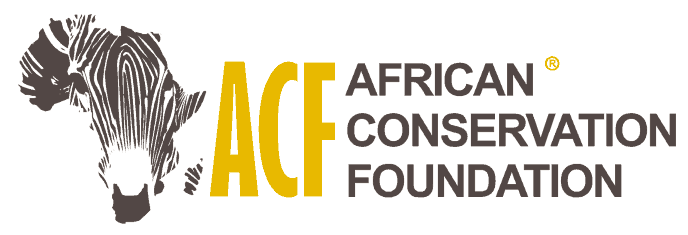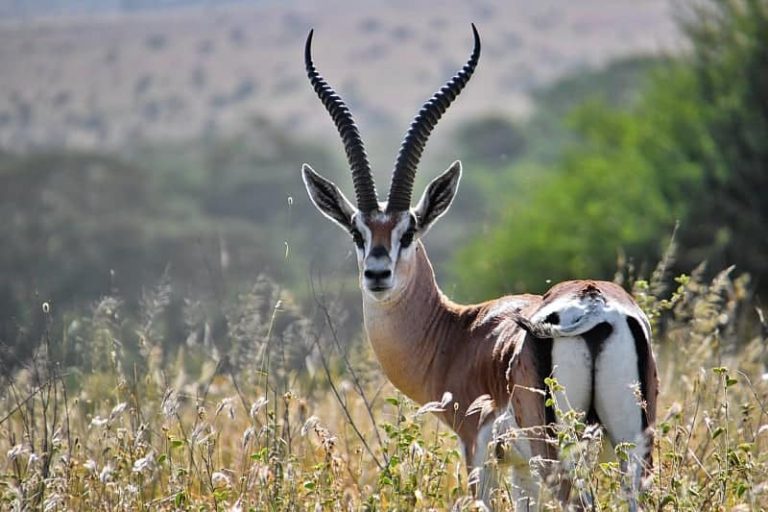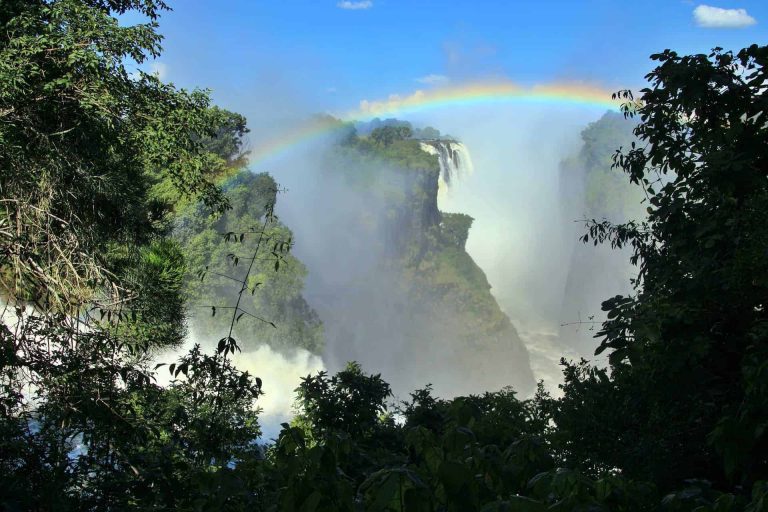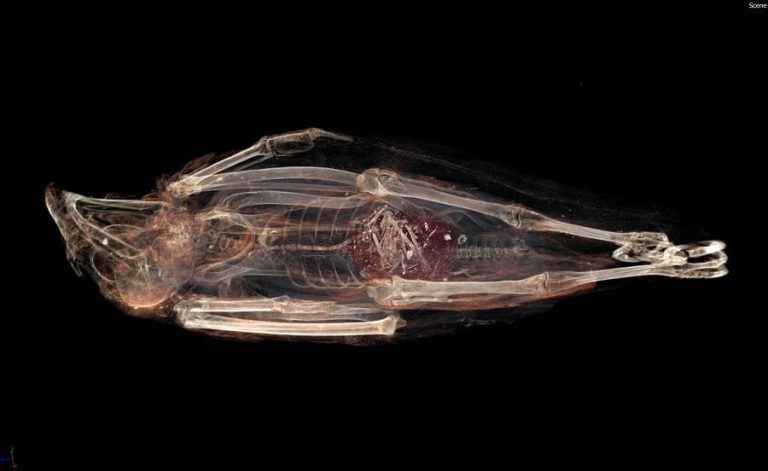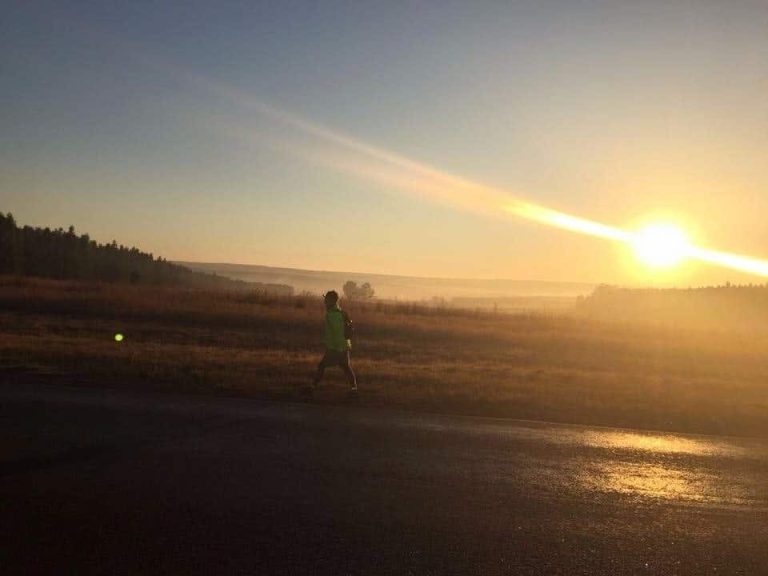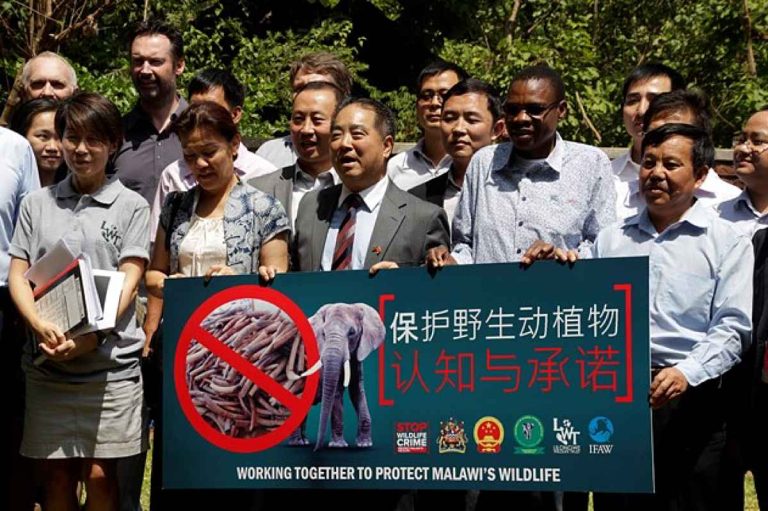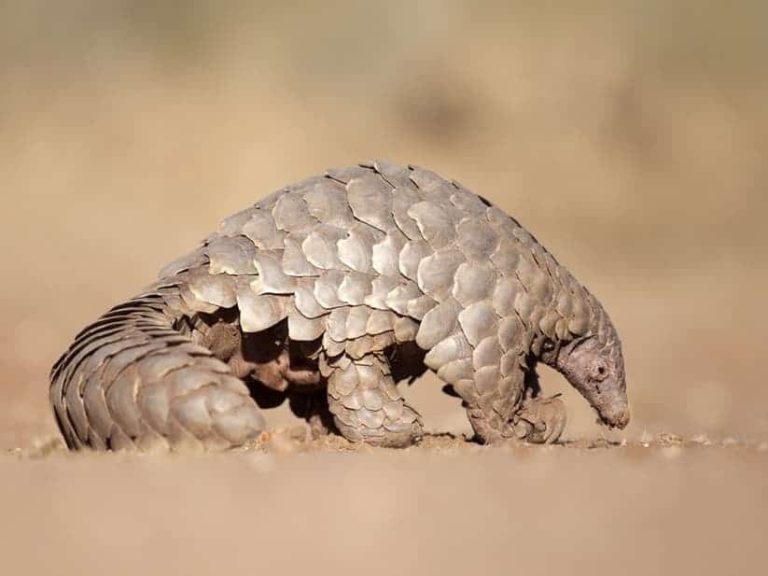Mitigating Impacts of the COVID-19 Pandemic on Gorilla Conservation: Lessons From Bwindi Impenetrable Forest, Uganda
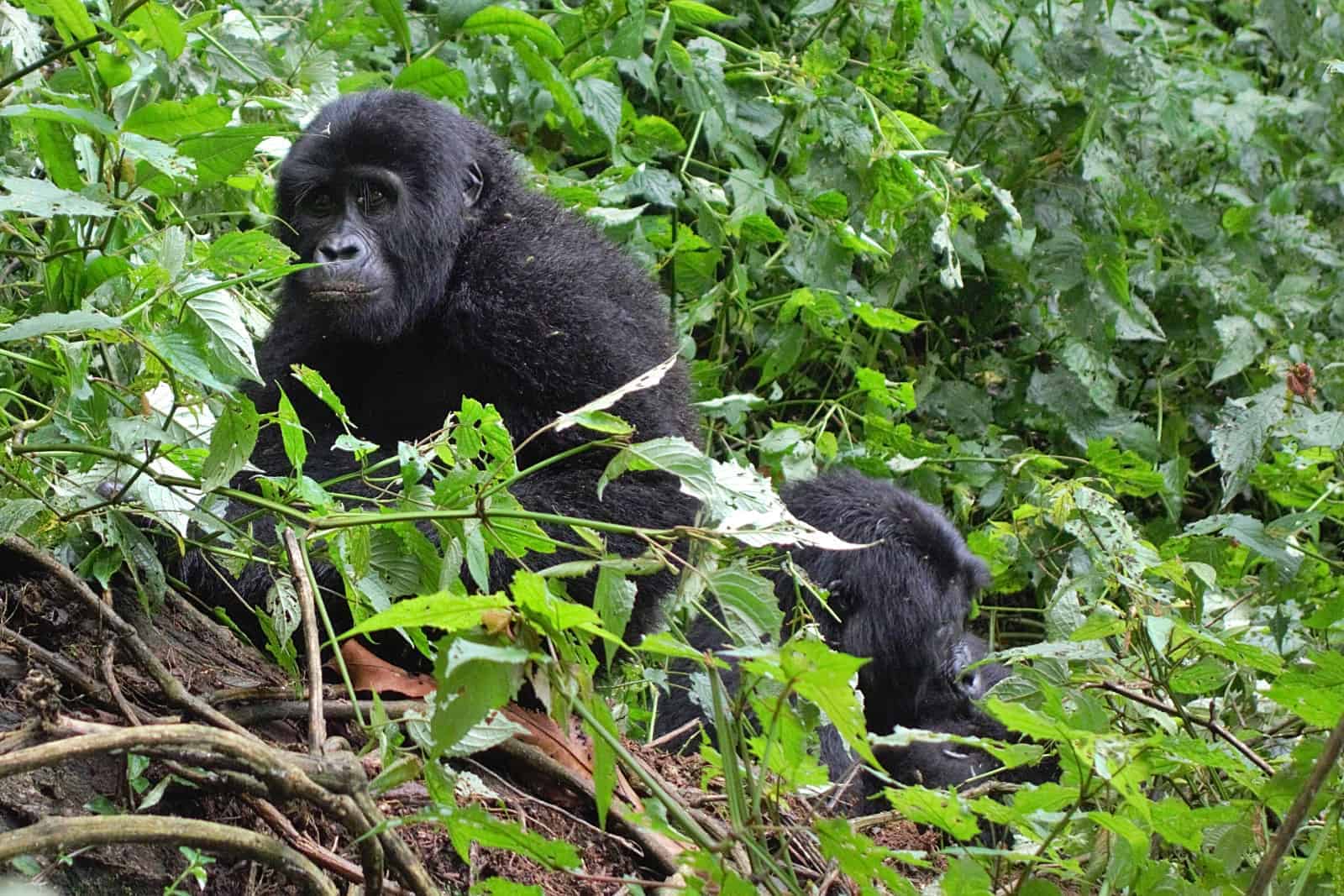
The COVID-19 pandemic, affecting all countries, with millions of cases and deaths, and economic disruptions due to lockdowns, also threatens the health and conservation of endangered mountain gorillas. For example, increased poaching due to absence of tourism income, led to the killing on 1st June 2020 of a gorilla by a hungry community member hunting duiker and bush pigs.
Conservation Through Public Health (CTPH), a grassroots NGO and non-profit founded in 2003 promotes biodiversity conservation by enabling people to co-exist with wildlife through integrated programs that improve animal health, community health, and livelihoods in and around Africa’s protected areas and wildlife rich habitats.
Through these programs, we have helped to mitigate these impacts. CTPH worked with Uganda Wildlife Authority and other NGOs to improve great ape viewing guidelines and prevent transmission of COVID-19 between people and gorillas. Park staff, Gorilla Guardians herding gorillas from community land to the park and Village Health and Conservation Teams were trained to put on protective face masks, enforce hand hygiene and a 10-meter great ape viewing distance.
To reduce the communities’ need to poach, CTPH found a UK-based distributor, for its Gorilla Conservation Coffee social enterprise enabling coffee farmers to earn revenue in the absence of tourism and provided fast growing seedlings to reduce hunger in vulnerable community members.
Lessons learned show the need to support non-tourism dependent community livelihoods, and more responsible tourism to the great apes, which CTPH is advocating to governments, donors and tour companies through an Africa CSO Biodiversity Alliance policy brief.
Source: Frontiers in Public Health
Photo by: Isabell Heinrich/Scopio
